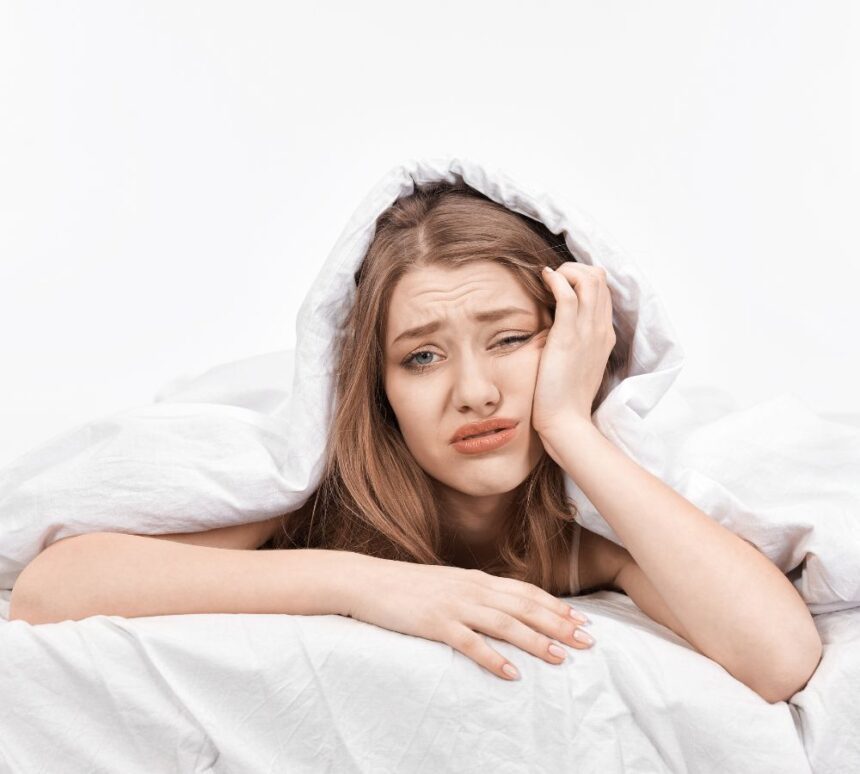Terminal insomnia, also known as sleep maintenance insomnia or early morning waking, can be a frustrating and aggravating experience for many people. It can lead to sleep deprivation, fatigue, and negative mood changes.
In this article, we will discuss six non-medication strategies that can help improve sleep quality and quantity.

Understanding the Sleep Cycle
Before we dive into strategies, it’s important to understand the sleep cycle. The average adult needs between seven and nine hours of sleep, and your sleep rotates through a couple of different cycles: light sleep, deep sleep, and REM sleep (when you dream).
Most of your deep sleep happens early in the night, and your lighter sleep and REM sleep happen closer to morning. This means that little things are more likely to wake you up and keep you up.
Biological Factors
The first thing that can cause early morning insomnia is biological factors, which include genes, gender, aging, and hormones. Some people are lighter sleepers and are more likely to wake up early due to genetics.
Additionally, as you age, it becomes more difficult to sleep well. You get tired earlier in the evening, and you sleep more lightly than when you were young.
Some things that can help are staying active during the day, getting exercise, and delaying going to bed.
Chronotype
Chronotype is a term used to describe whether you are a night owl or a morning person. While you cannot change your genes, learning about your chronotype can help you accept it.
Some people are night owls and sleep much better towards the morning. Understanding your chronotype can help you adjust your sleep schedule accordingly and work with your natural tendencies.
Sleep Environment
Your sleep environment can play a significant role in how well you sleep. Ensure that your bedroom is comfortable, quiet, and dark.
Keep the temperature cool, and use earplugs, a white noise machine, or a fan to block out noise. Limit exposure to screens before bed, and create a relaxing bedtime routine.
Stress and Anxiety Management
Stress and anxiety can significantly impact your ability to fall and stay asleep. Practicing relaxation techniques such as deep breathing, meditation, or yoga can help calm your mind and body.
Additionally, avoiding stimulating activities before bed and avoiding caffeine, nicotine, and alcohol can help you sleep better.
Sleep Hygiene
Lastly, sleep hygiene refers to habits and practices that promote healthy sleep. These include setting a regular sleep schedule, avoiding naps during the day, and getting plenty of natural light during the day.
Eating a healthy diet, limiting fluids before bed, and avoiding stimulating activities before bed are also crucial.
Conclusion
Terminal insomnia can be a challenging experience, but there are several strategies you can use to improve your sleep quality and quantity.
By understanding your chronotype, optimizing your sleep environment, managing stress and anxiety, and practicing good sleep hygiene, you can improve your sleep habits and achieve better sleep.
Remember that everyone’s sleep needs are different, so it may take some trial and error to find what works best for you.











